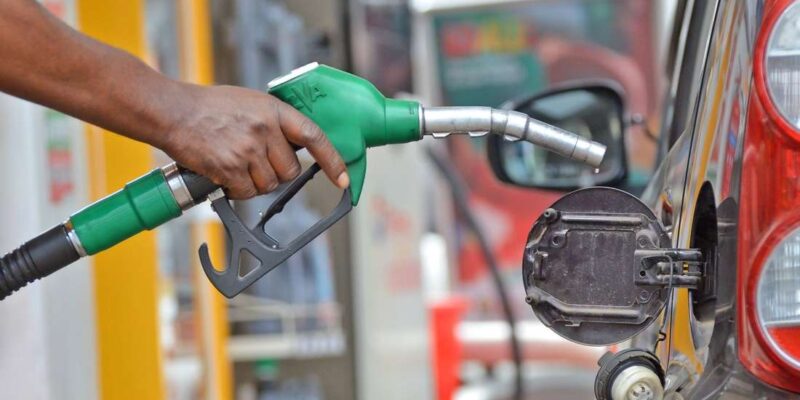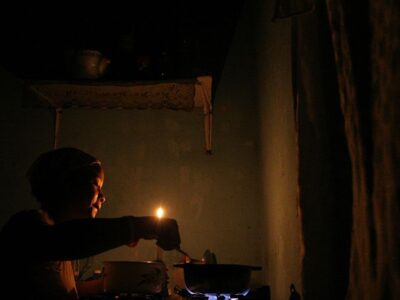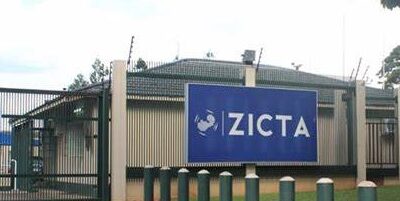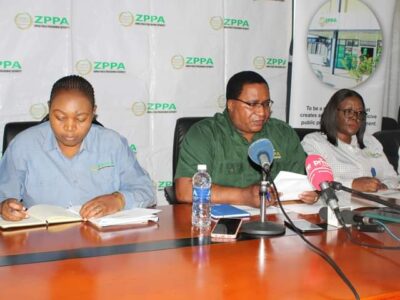For the first time in the history of Zambia, petrol has hit K29.98 per litre and diesel would now fetch at K29.96 per litre.
The announcement came barely a day after Finance and National Planning Minister, Situmbeko Musokotwane, told the nation that there would be no going back to subsidies, and that doing so would mean abolishing free education which the government could not afford to let off.
The Energy Regulation Board (ERB) made the announcement in Lusaka on Saturday that petrol would now be sold at K29.98 from K29.42 per litre, with diesel pegged at K29.96 from K 26.88 per litre.
Addressing journalists, ERB Board Chairperson, Reynolds Bowa, cited escalating high cost of oil prices on the international market and fluctuations on the exchange rate.
This meant that the fuel prices would directly affect prices of essential goods and transportation, impacting negatively on the ordinary citizens.
More importantly, the petroleum prices increase are generally thought to increase inflation and reduce economic growth.
Bowa explained that the pump prices of petrol, diesel and jet A-1 have gone up by K0.56, K3.08 and K2.87 per liters respectively.
The Board maintained the prices of Kerosene at K20.44 per liter.
“The main drivers for the changes in petroleum prices are the upward movements in international oil price and the depreciation of the Kwacha against the United States Dollar.
“The price of oil on the international market, between September 2023 and the current price review for October 2023, has continued to increase. The average prices of petrol, diesel and kerosene increased by 3.89 percent, 6.36 percent and 7.21 percent respectively,” Bowa stated.
He attributed this to declining global oil inventories following the extended oil production cuts by Organisation for the Petroleum Exporting Countries and its alliance (OPEC+).
In addition to the OPEC+ agreed extended oil production cuts, Bowa indicated that Russia had further implemented a voluntary export cut of diesel and petrol.
This, he said, led to further reduction in the supply of global petroleum products and contributed to the increase in prices on the international market, as demand outstrips supply.
“Notably, within September 2023, the international prices for finished petroleum products reached above US$100/bbl which was relatively high in comparison to past review periods,” Bowa said.
He further explained that in September 2023, the Kwacha generally depreciated against the United States Dollar by 7.21percent, to K20.82/US$ from an average of K19.42/US$ in August 2023.
On the other hand, the depreciation was mainly attributed to heightened demand for foreign exchange against a low supply.
During the period under review, Bowa indicated that the two fundamentals that affect the price of fuel in Zambia moved in the same unfavorable direction, that was prices of oil on the international market increased while the Kwacha depreciated against the dollar.
WARNING! All rights reserved. This material, and other digital content on this website, may not be reproduced, published, broadcast, rewritten or redistributed in whole or in part without prior express permission from ZAMBIA MONITOR.












Comments